
Regulation 296 meets the reality in the new context
Regulation 296 consists of 7 chapters and 35 articles, marking a new, comprehensive development step, adjusting the scope, scale, applicable subjects and synchronization in the work of Party building and rectification. Regulation 296 replaces the following regulations: Regulation No. 22-QD/TW, dated July 28, 2021 and Regulation No. 262-QD/TW, dated February 3, 2025, of the Central Executive Committee, on the work of inspection, supervision and discipline of the Party; Regulation No. 86-QD/TW, dated June 1, 2017, of the Politburo regulating supervision within the Party; Regulation No. 85-QD/TW, dated May 23, 2017, of the Politburo, on inspection and supervision of asset declaration of officials under the management of the Politburo and the Secretariat; Regulation No. 221-QD/TW, dated December 30, 2013, of the Politburo stipulating the responsibilities of Central Party committees in participating in resolving party disciplinary complaints under the authority of the Party Central Committee, the Politburo, and the Secretariat; Decision No. 210-QD/TW, dated November 8, 2013, of the Politburo promulgating regulations on resolving denunciations against party members who are cadres under the management of the Politburo and the Secretariat; Decision No. 211-QD/TW, dated November 8, 2013, of the Central Committee on supervising party members who are cadres under the management of the Politburo and the Secretariat.
This replacement inherits and develops the correct and consistent viewpoints and policies of our Party on the work of inspection, supervision and party discipline, meeting the requirements of the Party's leadership and governance in the current context; helps to perfect the Party's system of regulations on the work of inspection, supervision and party discipline, creating a solid legal corridor for the improvement, innovation and enhancement of the Party's leadership methods for party organizations and party members in implementing the Political Platform, Party Statutes, policies, resolutions, directives, regulations, statutes, conclusions, instructions of the Party and the laws of the State.
Faced with the objective and urgent demands of reality, the birth of Regulation 296 further demonstrates the important role of Party inspection, supervision and discipline work; affirms the efforts, breakthrough thinking, promoting innovation, developing the Party's viewpoints and theories in perfecting institutions, improving the capacity, effectiveness and efficiency of these aspects of work; contributing to strengthening people's trust in the Party's leadership, consolidating the Party's governing capacity, protecting the Party and strongly promoting the country's socio- economic development process.
When the apparatus is streamlined, the requirements for capacity and qualifications of cadres and party members will be higher. Inspection and supervision work according to Regulation 296 is not only to handle violations but also to warn and correct, helping cadres and party members to be more aware of their responsibilities and obligations, thereby self-cultivating and improving their capacity to meet the requirements of work in the new apparatus. Regular and specialized inspection and supervision will help to detect early limitations and weaknesses in management and operation, thereby taking timely remedial measures, promoting the innovation process and improving the operational efficiency of the two-level government.
Regulation 296 has many notable new points:
First, expand the scope and subjects of application. This regulation applies not only to party organizations and incumbent party members, but also to party organizations whose terms have expired, dissolved, split, merged; party members who have transferred jobs, quit their jobs, retired, and even party members and party organizations abroad. In particular, retired, resigned, or dismissed officials who commit violations during their working time will still be considered and handled as if they were in office. This regulation explains specialized terms such as: "Denunciation within the Party", "control of assets and income", "verification of assets and income", "statute of limitations for disciplinary action", "term and time of inspection and supervision", "when there are signs of violations", etc. to help unify awareness, create convenience in implementing and handling professional tasks when operating the new political system model after "rearranging the country".
Regulation 296 has omitted articles and contents related to the Party executive committee, Party delegation, Party committees, inspection committees at district and county levels and 2 Party committees of blocs at the Central and provincial levels. It has added contents related to Party committees and inspection committees at all levels of the 4 new Party committees, of the Central and 2 new Party committees directly under the provincial level; focusing on contents directly related to regulations on Party organizations, Party leadership bodies, inspection committees at the grassroots level (Party committees, inspection committees of communes, wards, special zones), advisory and support agencies, and public service units of Party committees, ensuring that wherever there are activities of Party organizations and Party members, they must be inspected and supervised, leaving no political or legal gaps...
Party inspection and discipline enforcement is an objective necessity, but not the final step, but is carried out simultaneously in the steps and processes of the Party's leadership and governance. Regulation 296 defines inspection and supervision as the Party's leadership function, an important and regular task of Party committees, Party organizations, inspection committees at all levels and each cadre and Party member. The main goal is to proactively detect early to prevent and stop shortcomings and violations right from the beginning, not allowing small violations to accumulate into large ones and last for a long time. At the same time, it aims to detect positive factors to promote and protect what is right, good people, cadres who dare to think, dare to do, dare to take responsibility, dare to break through for the common good. When violations are detected, disciplinary action must be resolutely and promptly handled to deter and educate.
Second, the principle of “No forbidden zones, no exceptions”. Regulation 296 affirms that all Party organizations and Party members are equal before Party discipline and are subject to inspection, supervision, and Party discipline, without exception. Party discipline does not replace administrative discipline, organization discipline, or legal action, and vice versa. Party organizations must coordinate and propose synchronous handling with other forms of discipline within 5 days after handling Party discipline. Party members who violate the law to the extent of criminal prosecution must be transferred to competent authorities, not handled internally, and if they cause loss of property, they must compensate. This demonstrates the great political determination of the Party in the work of preventing and combating corruption, negativity, and handling cadres “regardless of who they are”.
Third, control of assets and income . Regulation 296 for the first time supplements the mechanism and content on control of assets and income, which clearly stipulates that the control content includes assets and income of party members and related persons such as spouses and minor children; assigning this task to the inspection committee from the direct superior level of the grassroots level and above.
Fourth, strengthen the authority and initiative of the inspection committee. Inspection committees at all levels have the right to proactively conduct inspections when they detect signs of violations, without having to wait for instructions. The concept of "signs of violations" is clearly defined with specific criteria: "When there is information, documents, reflections, and comparisons showing that the Party organization or Party member does not comply with, does not act, or acts contrary to the Party's policies and regulations and the State's laws." This is an important basis for the inspection committee to proactively take action, instead of having to wait for instructions as before.
Regulation 296 gives more initiative to Party committees and inspection committees at all levels in: Proactively conducting inspections when detecting signs of violations, without waiting for instructions; deciding on specialized inspections and regular inspections; requesting Party organizations and Party members to report and provide documents and information; and carrying out regular and unscheduled supervision. This helps to increase initiative and timeliness, thereby improving the effectiveness and efficiency of inspection and supervision work.
This regulation also specifies the responsibilities and powers of Party committees at all levels (executive committees, standing committees); inspection committees at all levels; advisory and assisting agencies of Party committees; Party cells. For example: Party cells are assigned the responsibility of inspecting Party members according to specific contents; Party committees have the authority to inspect and discipline Party members under their management; the inspection process when there are signs of violations is also clearly guided. The regulation adds the task of advising and assisting Party committees and performing the tasks assigned by Party committees in the fight against corruption; having the right to request and recommend Party organizations and competent agencies to amend and abolish documents that are contrary to Party regulations and State laws; the inspection committee of grassroots Party committees is assigned the authority to discipline, reprimand, and warn Party members in the Party committee...
Fifth, the organizational structure of the inspection committee. Regulation 296 details the number of members of the inspection committee at all levels, from the central to the communal level, in accordance with the two-level local government model and the Politburo's directives. Notably, this Regulation mentions for the first time that the head of the provincial and communal inspection committee must not be a local person. This mechanism contributes to improving transparency, preventing corruption and clarifying the accountability of cadres and party members.
Sixth, supervise moral qualities and exemplary responsibility. Supplement the content of supervision by inspection committees at all levels on party members' ideology, politics, maintaining morality, lifestyle and exemplary responsibility.
Seventh, humane disciplinary action. Regulations on cases of postponement of disciplinary action (party members who are pregnant, raising children under 12 months old, or seriously ill) or non-action (party members who have passed away, except in cases of particularly serious violations). More importantly, the party organization and party members who have been unjustly disciplined must apologize and have their rights restored. The apology and restoration of rights are carried out according to the regulations of the Politburo. This is a big step forward in terms of humanity, demonstrating the spirit of respect for the law and respect for the rights of party members.
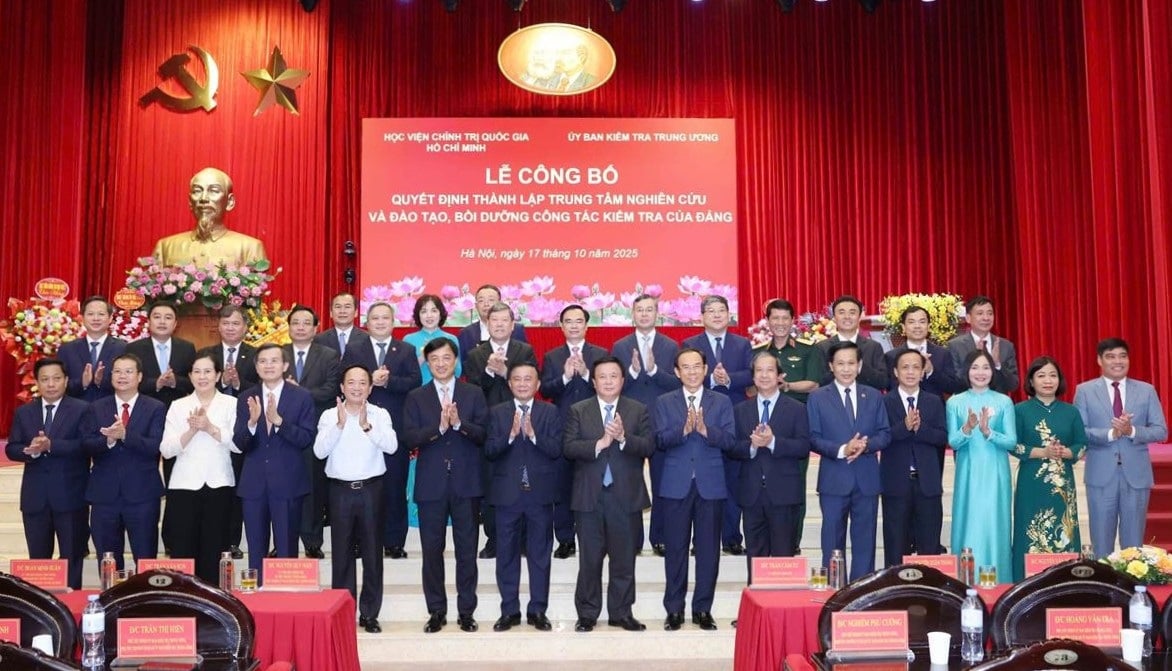
Distortion tricks and objective reality
Recently, there have been arguments that distort, deny the achievements, and distort the results in the Party's inspection, supervision, and discipline work. Hostile forces often spread rumors on social media platforms that: It is a "defect of the regime" so no matter how many documents are issued, they are "ineffective"; "failure of personnel work"; the Party's inspection and discipline work is essentially "internal fighting", "clique purge" (?!)... Along with blatant distortions, hostile forces also often fabricate, exaggerate, and steer towards "political intentions" in cases of discipline, forced dismissal, trials, and major cases; deny efforts to perfect synchronous, effective, and efficient innovative solutions in the Party's inspection, supervision, and discipline work. Along with that, they promote "separation of three powers" to control power; There will be many political parties that will compete, be transparent and curb negativity…(!?)
Such distortions cannot deny the important results achieved by the Party's inspection, supervision and discipline work:
Contribute to building and rectifying the Party and an honest political system
The Party's inspection and supervision work is an important part of the entire Party building work, making an important contribution to Party building and rectification, maintaining discipline, order, solidarity and unity within the Party and consolidating and strengthening people's trust in the Party and the regime. The Party's inspection, supervision and discipline enforcement activities are always considered the top priority task, contributing to enhancing the role, leadership capacity and fighting strength of the Party organization, strengthening the Party's discipline; promptly preventing and stopping signs of political, ideological, moral and lifestyle degradation of cadres and Party members; contributing to protecting the Party's ideological foundation, fighting against erroneous and hostile viewpoints. The results of the inspection and supervision work have made an important contribution to the implementation of political tasks and socio-economic development of the country in the current comprehensive renovation process.
However, in recent times, the leadership and direction of inspection, supervision and discipline in some places has not been regular and resolute; some tasks and solutions have not been implemented or have not been implemented comprehensively, synchronously and with low efficiency. Some Party committees and organizations have not really paid attention to leading and organizing the implementation of inspection and supervision, so the effectiveness is still limited. There has not been a synchronous establishment of a database system on inspection, supervision and discipline from the central to local levels.
In the context of the current streamlining of the apparatus, the work of inspection, supervision and party discipline must be more direct and effective. Regulation 296, with increased autonomy for inspection committees at all levels, allows direct inspection when there are signs of violations without having to wait for instructions, helping to shorten the process and increase the ability to detect violations in a timely manner. Improving the effectiveness and efficiency of inspection, supervision and party discipline work contributes positively to preventing and fighting against degradation in ideology, politics, ethics, lifestyle, bureaucracy, corruption, waste and negativity in a number of party organizations and a number of cadres and party members; detecting shortcomings and inappropriate content in Party and State documents to propose supplements, amendments or promulgation of new documents suitable to the reality.
Prevention and handling of violations
The work of inspection, supervision and party discipline is always innovated and strengthened in accordance with the requirements of the task, contributing to the successful implementation of political tasks and building a clean and strong Party capable of leading the successful implementation of the revolutionary cause, contributing to creating changes in both awareness and action. The superior party organization is responsible for inspecting and supervising the subordinate party organization and party members. Inspection and supervision has the effect of proactively and promptly detecting and protecting the right, promoting positive factors, at the same time detecting early, preventing, repelling and stopping violations right from the beginning, warning early and from afar, not allowing violations to occur, not allowing them to accumulate into major and prolonged violations; focusing on areas with complicated problems and areas of work where violations are likely to arise. Implement the policy of "inspection must have focus, key points, supervision must be expanded", "fair, accurate, timely", thereby closely and synchronously coordinating inspection and supervision with inspection, judiciary, auditing and the fight against corruption, waste and negativity; consider and resolve petitions, complaints and denunciations to ensure proper procedures, principles and authority.
When violations are discovered, relevant agencies will handle them, handle them, and strictly and thoroughly discipline them, ensuring deterrence and education for party organizations and party members who violate them. "Wherever there are mistakes, whoever makes mistakes, they must be immediately corrected. Resolutely fight against favoritism and concealment, against the habit of "respecting in front of others and complaining behind their backs" (1) . Violations handled include "political and ideological qualities", "self-evolution", "self-transformation" and acts of corruption, waste and negativity. Disciplinary action is carried out according to the motto "no forbidden areas, no exceptions, no matter who the person is", demonstrating high political determination in building an honest apparatus of the Party and the political system, which is agreed and supported by the people.
Raising awareness and responsibility
When the apparatus is streamlined, the assignment and division of tasks are clearer and more specific; Party committees, Party organizations and inspection committees at all levels, each job position, each Party member will have greater responsibility, must properly perform the assigned duties and tasks. This work helps raise awareness and responsibility of Party committees, Party organizations and each cadre and Party member about the role and importance of inspection, supervision and discipline enforcement of the Party. Regulation 296, especially the regulations on asset and income control, will help prevent and detect negative behaviors, corruption, and prevent "petty corruption". Eliminate waste from the beginning, contribute to building a clean and effective government; overcome the situation of "passing the buck" and "dodging" work that sometimes exists in a cumbersome apparatus.
The expansion of the inspection and supervision of party organizations and party members who have transferred jobs, retired, or are abroad, etc. shows continuous and unlimited management, forcing each party member to maintain discipline and order even when no longer in office, contributing to building a serious and responsible working culture. As President Ho Chi Minh instructed during his lifetime: "Party committees at all levels must strengthen inspection work. Because inspection has the effect of promoting and educating party members and cadres to fulfill their duties to the Party and the State, setting a good example for the people. Therefore, it contributes to strengthening the Party in terms of ideology and organization" (2) . Inspection, supervision, and disciplinary enforcement work has been and is being carried out with utmost care, impartiality, objectivity, reason, and emotion to maintain stability and development, continuing to create motivation to motivate cadres to perform their duties.
Practice shows that through handling complicated cases in recent times, the Party's inspection staff in provinces, cities and grassroots levels have been able to gain practical experience in new and difficult fields, thereby improving their professional qualifications and skills to successfully complete all assigned tasks.
Inspection and supervision work attaches responsibility to the heads in leadership, direction, management, law-making, promptly prevents violations in the issuance of legal documents, and incorporates "group interests" and local interests. Focus on all areas and fields where there are signs of internal disunity and public concern; positions where corruption and negativity occur, especially in the fields of auditing and banking. Inspection and supervision work promotes a sense of responsibility in self-inspection, self-reflection, self-correction, self-criticism, and overcoming limitations and shortcomings of party organizations and party members. Publicizing the results of inspection, supervision and disciplinary action helps orient public opinion, creating a democratic atmosphere and consensus. In particular, inspection and supervision work also emphasizes the protection of cadres who dare to think, dare to speak, dare to do, dare to take responsibility, and dare to make breakthroughs for the common good.
Perfecting institutions and processes
In recent times, the Party's inspection, supervision and discipline work has achieved positive results, stemming from theoretical research lessons, summarizing Vietnam's practices and referring to the world's governance experiences; proactively forecasting early, providing scientific basis to promptly advise the Party on policies, guidelines and strategic solutions in building and rectifying the Party and the political system. At the same time, the promulgation of Regulation 296 is a step forward in continuous innovation and further improvement of methods, content and processes, ensuring scientific, synchronous, unified, strict, feasible, effective, efficient and effective.
Continue to attach importance to defining the authority and responsibility of the collective and the authority and responsibility of individuals in the collective, first of all for the leaders; innovate the methods and leadership and management styles of Party committees; regulations, rules, mechanisms and policies on strengthening the management, inspection, supervision and control of the power of key leaders and managers at all levels, especially for the heads of Party committees, Party organizations and authorities with functions, tasks and powers in personnel work. The construction of a database system on inspection, supervision and discipline work is also focused on to serve the leadership, direction and implementation of tasks. Regulations on assignment, transfer, authority and responsibility of organizations and individuals, especially leaders, are clarified to improve leadership and management capacity. In particular, it is necessary to promote the glorious tradition of the Party inspection sector: "Absolute loyalty, solidarity, honesty, integrity, discipline and dedication" among the staff performing public duties in accordance with their responsibilities. At the same time, continue to promote democracy at the grassroots level, "people are the masters, people are the masters", improve the quality of the work "people know, people discuss, people do, people inspect, people supervise, people decide, people benefit".
In short, Regulation 296 is an important step forward in Party building work, contributing to improving the effectiveness and efficiency of Party inspection, supervision and discipline work, and building an increasingly clean and strong Party./.
(To be continued)
-----------------------------
(1) Ho Chi Minh: Complete Works , National Political Publishing House Truth, Hanoi, 2021, vol. 5, p. 308
(2) Ho Chi Minh: Complete Works , op. cit. , vol. 14, p. 362
Source: https://tapchicongsan.org.vn/web/guest/nghien-cu/-/2018/1155802/cong-tac-kiem-tra%2C-giam-sat%2C-ky-luat-gop-phan-nang-cao-nang-luc-lanh-dao%2C-cam-quyen-va-bao-ve-dang.aspx






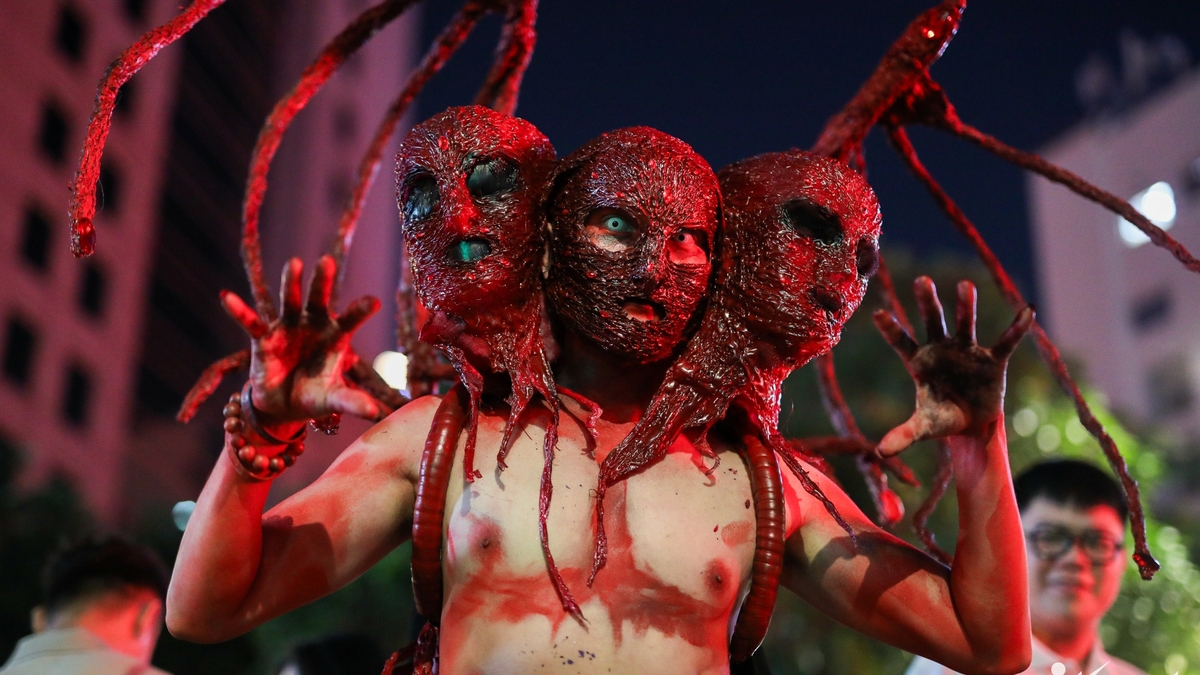

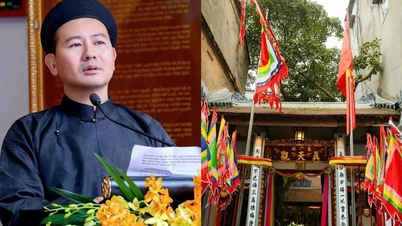

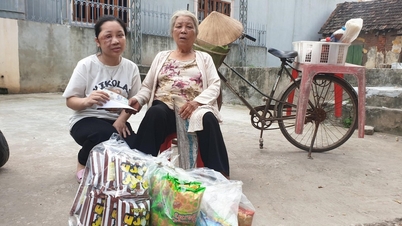
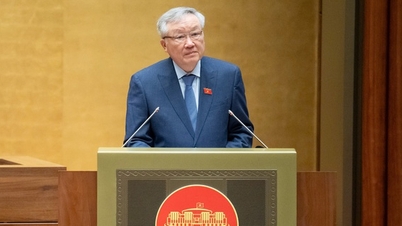



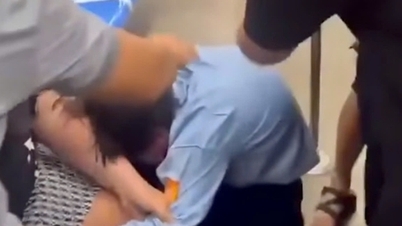

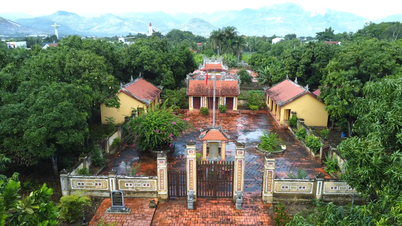

















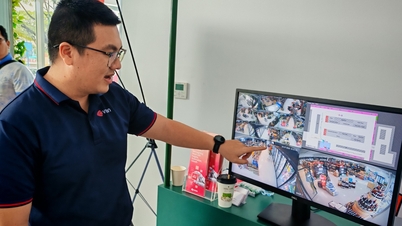









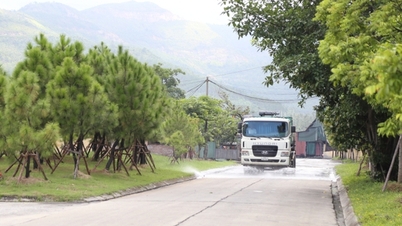
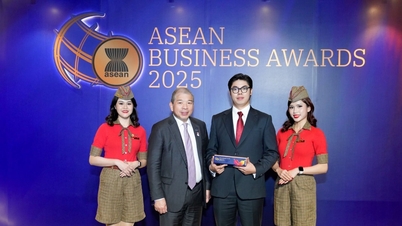

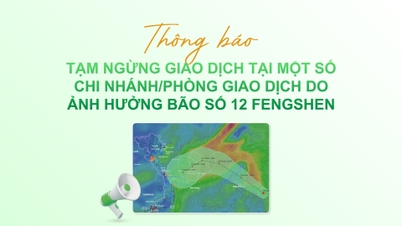

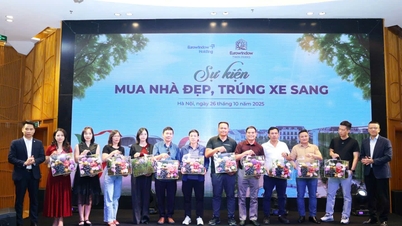







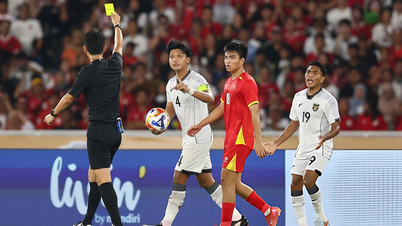
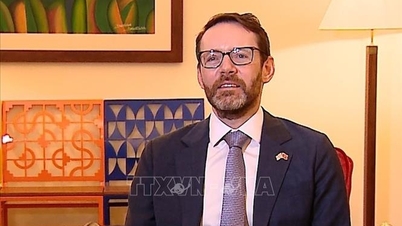

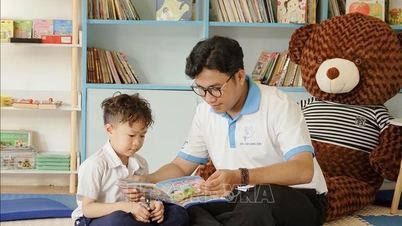


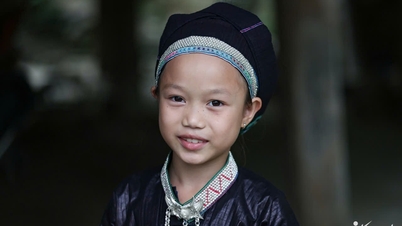


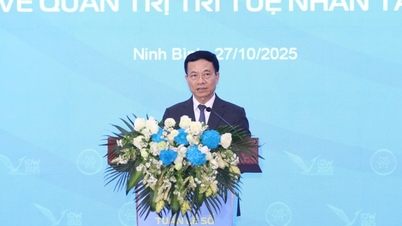

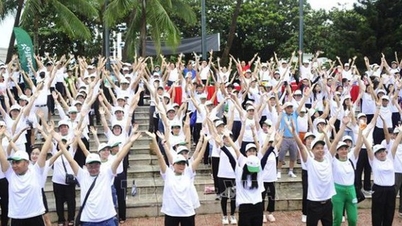



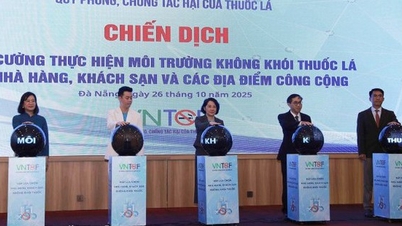






















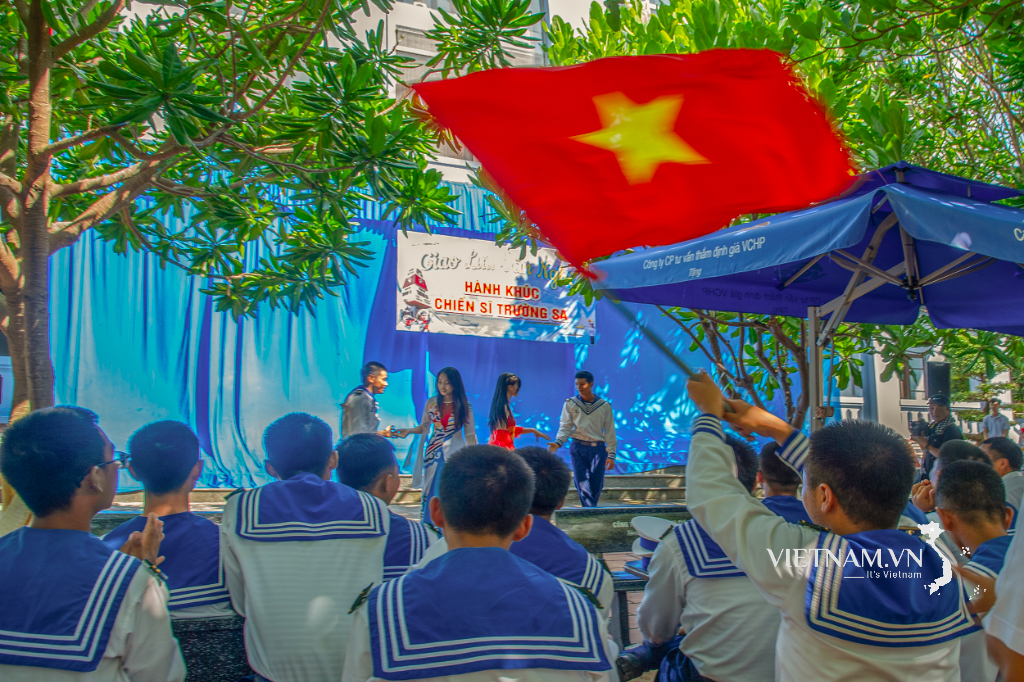


Comment (0)